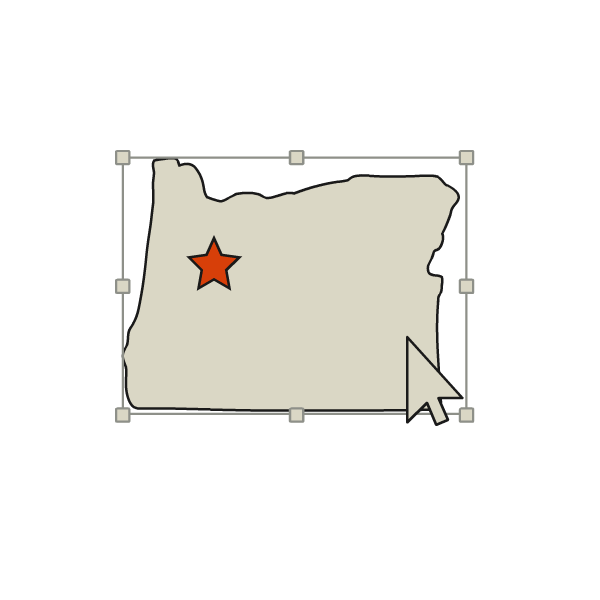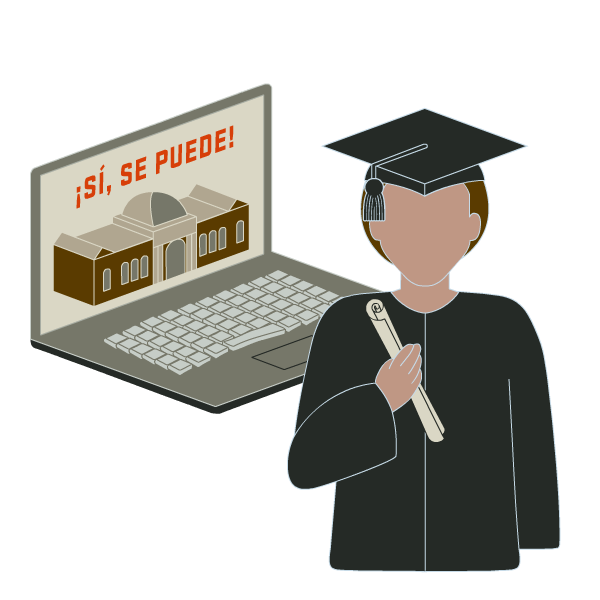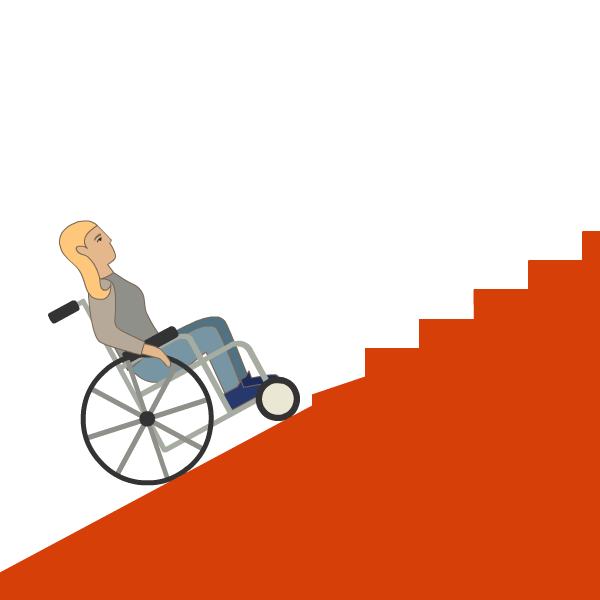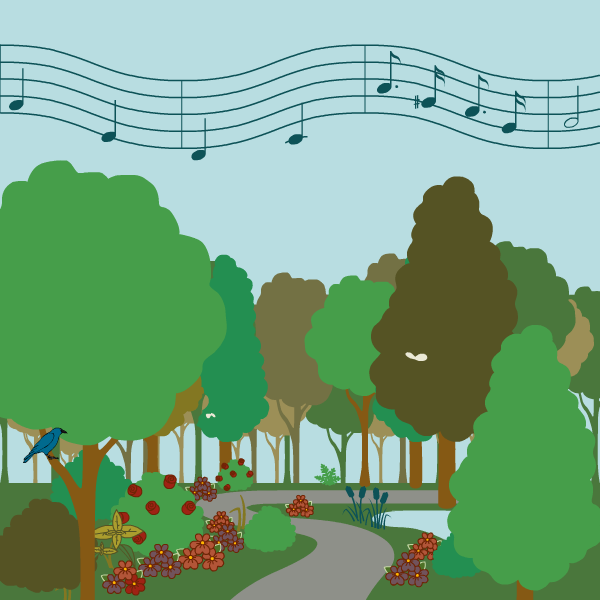When you discover the path you were meant to follow, with people who think like you, everything just clicks. For Duane Cardwell '97, that path was graphic design.
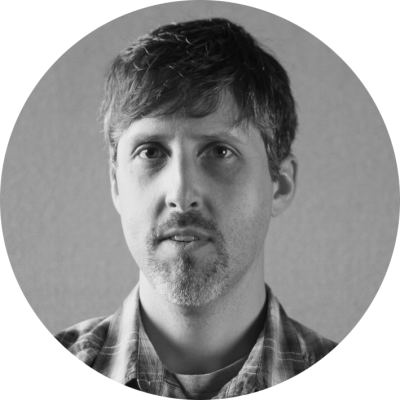
Cardwell had always been an artist. When he first arrived at Oregon State in 1992, he had an interest in screen printing. But after meeting and working with faculty like Andrea Marks and Henry Sayre, he uncovered ideas and possibilities he didn’t even know existed. Marks, a professor of design in the College of Business, encouraged Cardwell to try graphic design and sign up for the design studio program, which connected students with real-world projects. And Sayre, Distinguished Professor Emeritus of Art History, was instrumental in solidifying Cardwell’s direction.
“He turned on the light for me and made me realize that when you’re an artist or a creative person, you’re part of this community — this calling that follows a common thread throughout time,” Cardwell says. “It made me see that there are all these people out there just like me — who see the world like me.”
This realization made him feel at home.
“I was like, ‘Oh, I get it’. This is who I am and what I have to do,” he says. “I’m headed in the right direction.”
And knowing that fueled Cardwell’s drive to create. He launched his own boutique design agency, Cardwell Creative, just one year after graduating in 1998. The Salem-based agency now includes a staff of four who specialize in
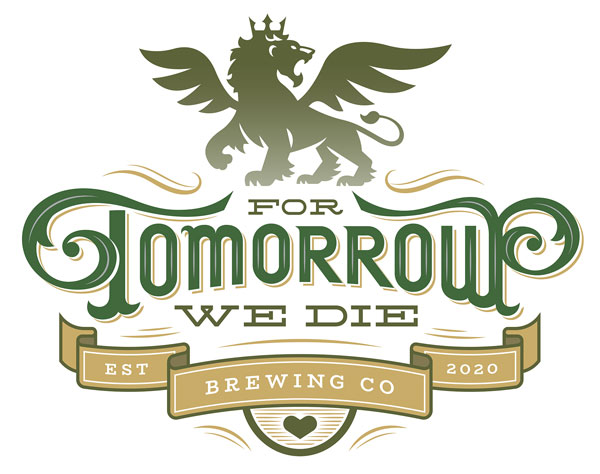

Cardwell says he stays inspired while creating art for other people by all the things he does while he’s not at work. And even though he is an artist, finding inspiration doesn’t just mean going to look at more art.
“It really has to do with experiencing life and food and laughter,” he says. “All of those things feed into creativity, including design.”
And that inspiration goes a long way when thinking of new ideas, especially related to changing technology. The use of art and technology has changed so much since he first started his career in 1998, and Cardwell has advice for current and future students who have questions about managing those changes.
“Don’t be afraid of technology and what the future holds,” he says. “View it as a tool that’s meant to serve you and your ultimate purpose
For students looking for a career in the creative industry, Cardwell says it is incredibly important to prioritize quality
“That’s when the theoretical turns into real life,” he says. “There’s going to be bumps and bruises, but you just have to throw yourself into it and focus on th
Cardwell transformed something he loved — something that was already a part of him — into a successful career. And just like him, future OSU graduates will find their place — in the community that speaks to them.
